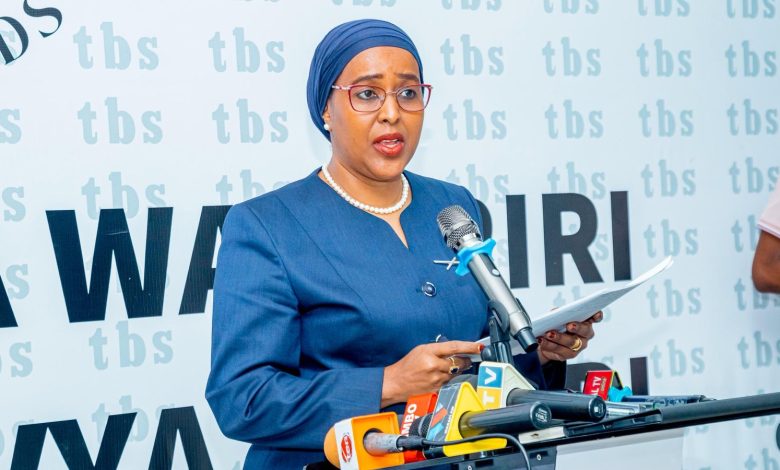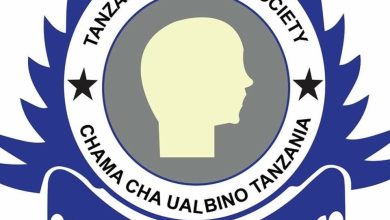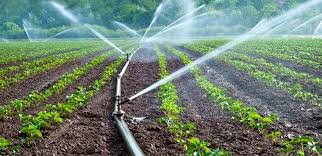TBS ramps up product safety measures with modern labs

DAR ES SALAAM: TANZANIA Bureau of Standards (TBS) has made significant strides in tackling counterfeit and substandard products, thanks to expanded laboratory infrastructure, enhanced ICT systems, stakeholder training and strategic inter-agency collaborations.
Speaking at a press briefing in Dodoma yesterday, TBS Director General Dr Ashura Katunzi outlined the agency’s ongoing initiatives aimed at broadening its services and reinforcing quality control nationwide.
These achievements have been especially prominent over the past four years under the sixth-phase government led by President Samia Suluhu Hassan, with oversight from the Office of Treasury Registrar (OTR), focusing on consumer safety, environmental protection and fostering a fair business environment.
She added: “We are currently constructing modern laboratories in key regions,” said Dr Katunzi and added “the Dodoma laboratory is 86 per cent complete, while the Mwanza facility stands at 46 per cent. Both are scheduled for completion within the current financial year.”
The Dodoma lab, built at a cost of 24.7bn/-, will serve the Central Zone, while the 12bn/- Mwanza lab will cater to the Lake Zone. She further said a total of 9.8bn/- has been invested in strengthening zonal offices to boost operational efficiency.
To facilitate trade, 115 technical committees have been established across various sectors to help businesses meet required standards and ensure product safety.
So far, 3,184 business licenses have been issued and 350m/- is allocated annually to support entrepreneurs through training and service access.
“We’ve also streamlined the registration process for food and cosmetic products, including imported goods,” Dr Katunzi noted.
“To date, 8,199 products and 4,886 business premises have been registered.”
TBS has intensified inspections at entry points and within the country. Under the destination inspection system, a total of 352,103 consignments have been inspected to prevent the importation of unsafe goods.
As part of the Pre-Export Verification of Conformity (PVoC) programme, 1,311,900 consignments under category F1 were inspected abroad before arriving in Tanzania, 3,111,130 consignments under category F3 were inspected upon arrival.
In addition, 236,900 used vehicles were inspected and confirmed fit for use. Dr Katunzi also pointed at a recent case involving toys and speakers bundled with chili powder to attract buyers.
Following public complaints, TBS investigated 13 factories, finding one that was sealing products with chili.
“As a result, 42 tonnes of these products were confiscated during inspections at zonal offices and border posts,” she said, adding that monitoring efforts continue, particularly at border areas.
ALSO READ: TBS calls on bakers to ensure product safety, quality
According to him, TBS has prioritised capacity-building programmes, reaching over 57,000 stakeholders, including producers, importers, distributors and vendors, with training on quality and safety standards.
Regions covered include Dar es Salaam, Singida, Mwanza, Geita, Kagera, Shinyanga, Tanga, Kigoma, Ruvuma and Kilimanjaro.
The agency operates 12 internationally accredited laboratories, where 152,192 product samples have been tested over the past three years.
Recent acquisition of equipment worth 12.9bn/- has enabled TBS to conduct specialised testing, including a hydrostatic pressure test machine capable of testing up to 120 water pipes at once, an automatic conductor resistance tester for electrical cables and a solar simulator that tests solar panels without relying on sunlight.
“These machines are among the most advanced in Africa, strengthening Tanzania’s position in regional quality assurance,” Dr Katunzi said.
“They help ensure that our products meet international standards, protecting consumers and enhancing trade.”
To improve service delivery, TBS has upgraded its ICT systems, including the rollout of an online application platform.
The agency has also begun developing standards for clean cooking energy, aligning with national goals for environmental protection and emissions reduction.
Dr Katunzi affirmed the agency’s commitment to support, not hindering, business, “Our mission is to promote safe, fair and sustainable trade for the benefit of all Tanzanians.





